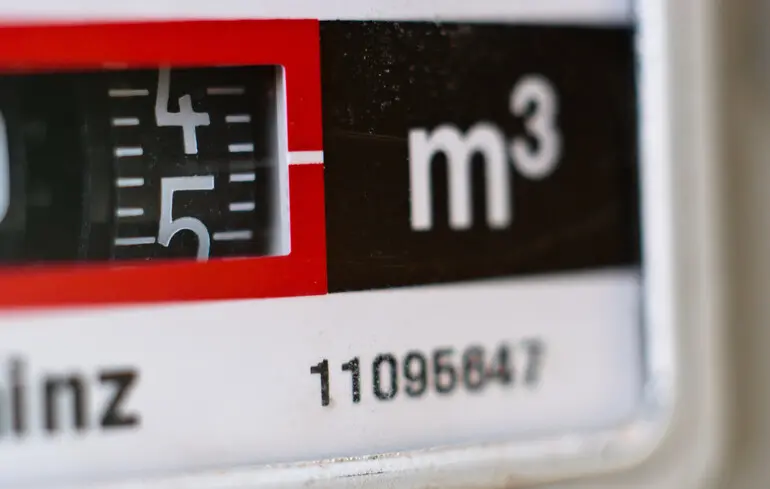Gas Meter Verification: Regulations, Frequency, and Responsible Parties

In Ukraine, every gas consumer is obliged to pay utility bills on time, including monthly readings of their gas meters.
However, equally important is the timely verification of the accuracy of these devices.
According to regulations and standards, there exists a mandatory procedure for verifying gas meters, which is carried out following technical guidelines and expert recommendations.
The publication ‘Gazprava’ has explained in detail who is responsible for this process and how often it should be performed.Experts emphasize that over time, gas meters undergo wear and external influences that can reduce their measurement accuracy.
Therefore, the practice of periodic verification is introduced, ensuring that meters are operational and meet metrological standards.
The verification procedure includes several stages: inspection of the meter’s external condition, evaluation of mechanical and metrological characteristics, and checking for any alterations or damages.
After the process, a conclusion is issued regarding the device’s suitability for continued use.The frequency of verification depends on the meter’s class: for class 1.0 gas meters, it should be done every two years, while for class 1.5 meters — once every eight years.
Information about the class can be found in the device’s passport.
The responsibility for carrying out these verifications lies with the gas distribution operators, who are obliged to ensure timely checks without additional costs for consumers.
They are also responsible for dismantling, transporting, installing, repairing, and maintaining the meters.
Consumers in households are not responsible for adherence to inspection schedules, as these measures are under the control of gas distribution companies.Ensuring proper verification processes guarantees the accuracy of gas consumption records and contributes to fair tariff setting.
The strict compliance with established schedules is vital for energy efficiency and consumer safety, making the roles of all involved parties crucial in maintaining the integrity of metrological standards.

